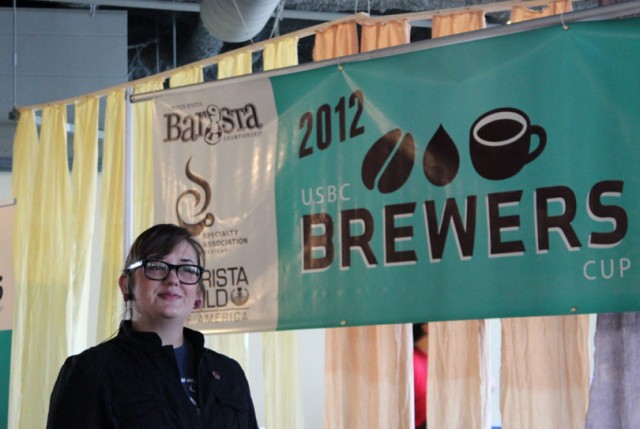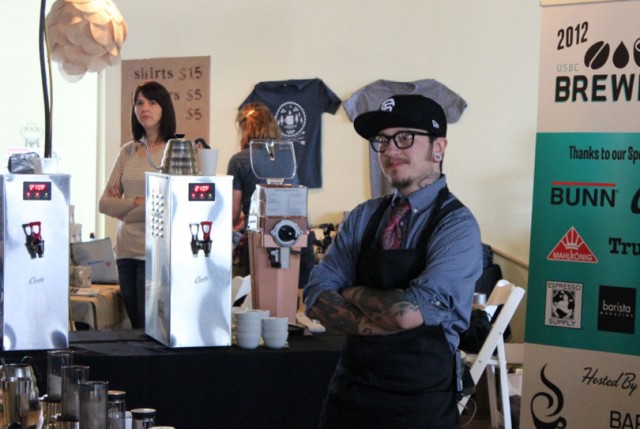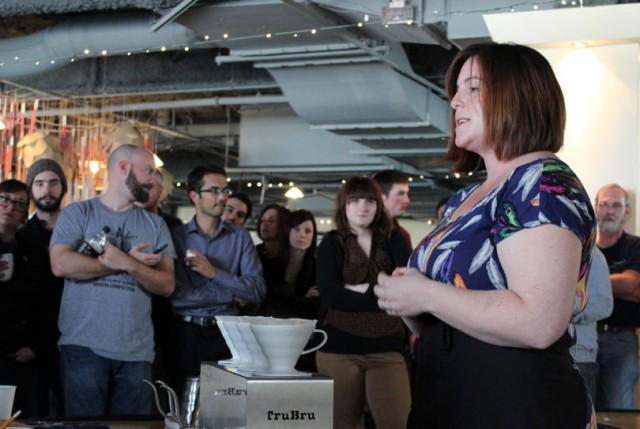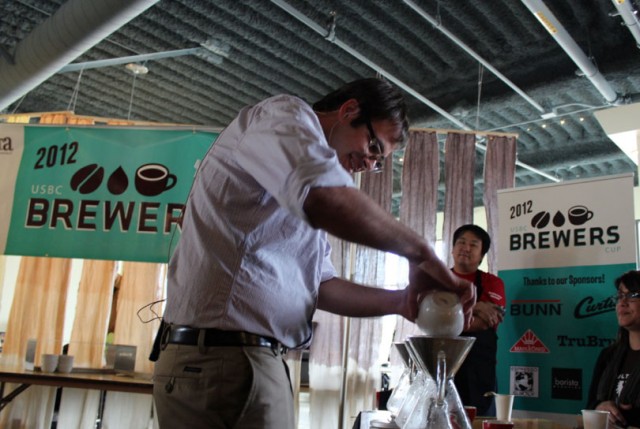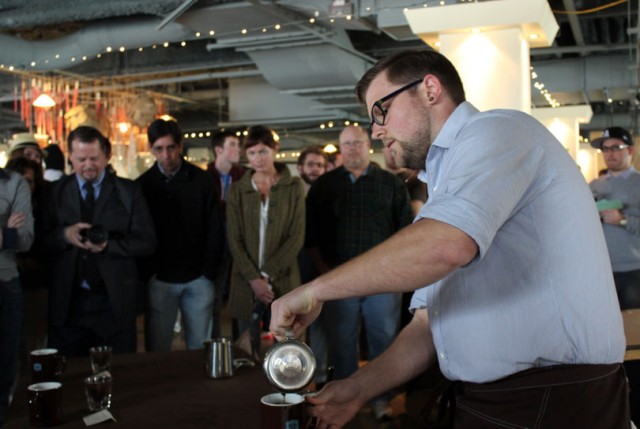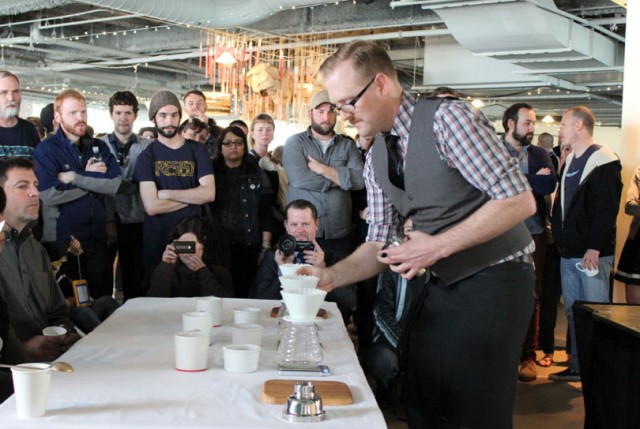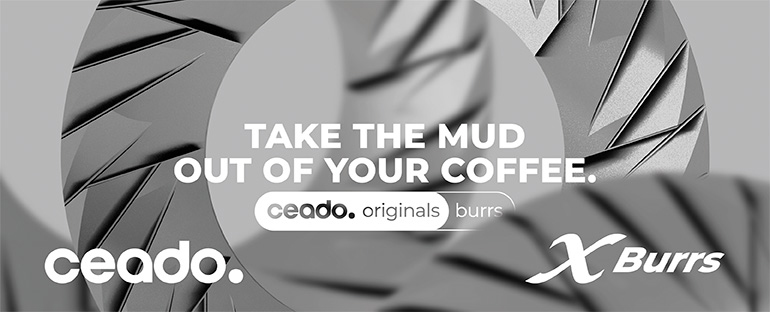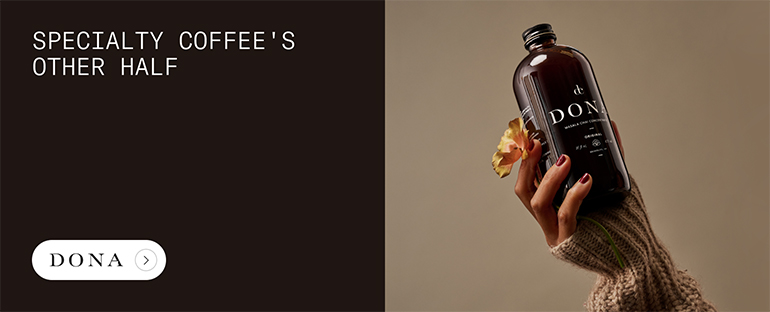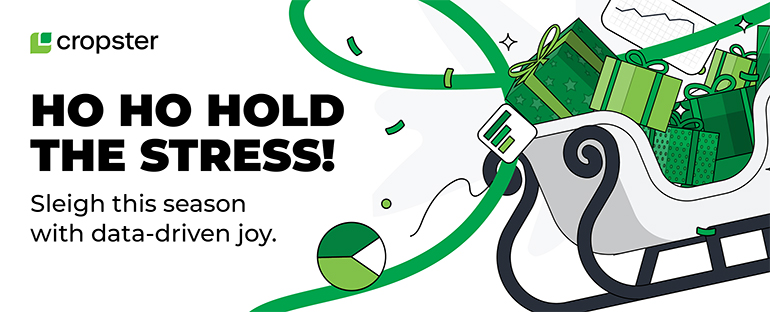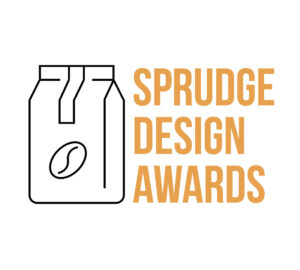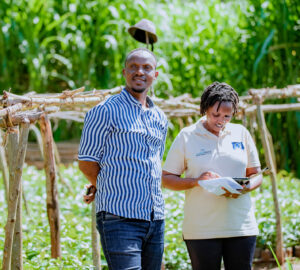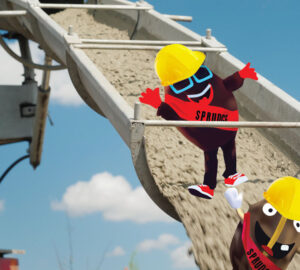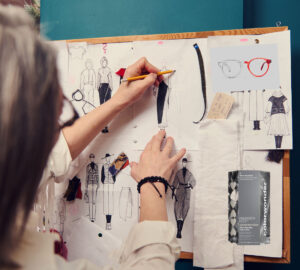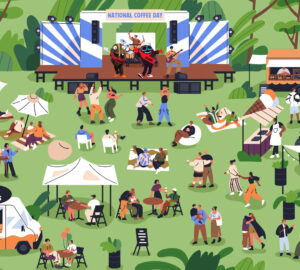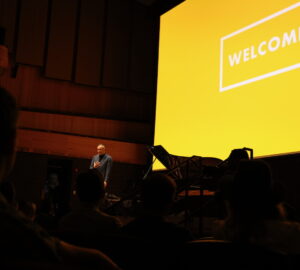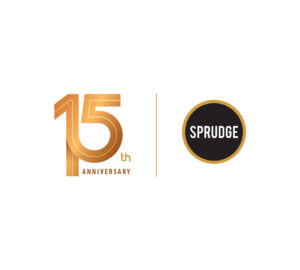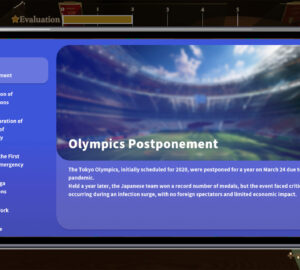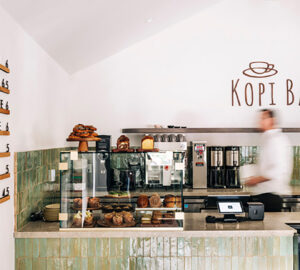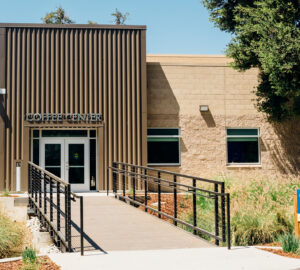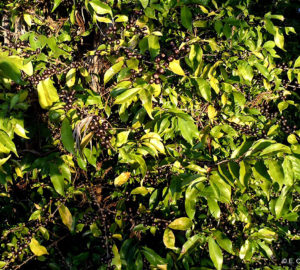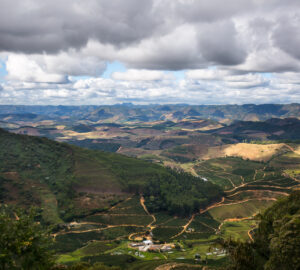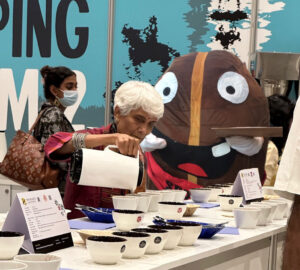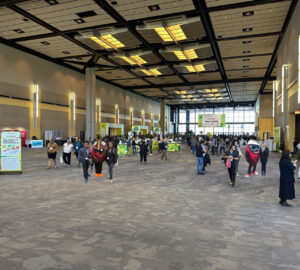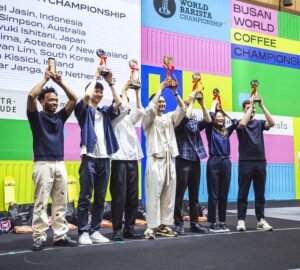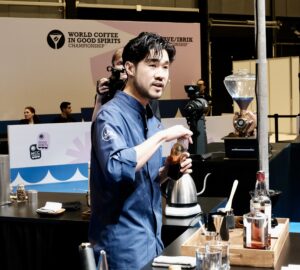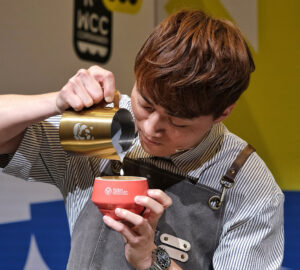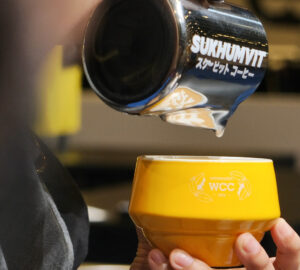All Sprudge coverage of the 2012 SWRBC and Brewers Cup made possible by Verve Coffee Roasters.
Well folks, the 2012 Southwest Brewers Cup is in the books, and Mr. John Martin of Intelligentsia Pasadena has been crowned the winner. We’re excited to share with you an in-depth look at the brew methods and parameters for all six finalists, many of whose coffee’s we were able to try thanks to public demos brewed up on the Curtis Gold Cup brewer. We hope these recipes make it so that you, too, can be a Brewers Cup Champion at home. You could perhaps also use this info as a training reference for your own upcoming Brewers Cup routine. Without further ado, here your six Southwest Brewers Cup finalists:
Alexandra Littlejohn, Cafecito Organico, Costa Mesa, CA -@ravenspeaking
Alexanda Littlejohn competed this weekend for Cafecito Organico, a roaster-retailer with cafes in suburban Los Angeles and a presence at multiple SoCal farmers markets. Ms. Littlejohn used Cafecito Organico’s Miralvalle Pacamara microlot, from the Urrutia Estate in the Ahuachapan area of El Salvador. In her routine she employed a Clever dripper, calling for 26 grams coffee to 380 ml of water, with a two-minute steep time. Alexandra’s grind setting was medium (a “9” on the provided Mahlkoenig Guatemala with settings from 1-22), and her water temp was between 201 and 203. There were murmurings in the crowd about Alexandra forgetting to dump the filter rinse water, but it evidently didn’t matter, as Ms. Littlejohn’s routine was good enough to earn her a second-place finish at the Southwest Region Brewers Cup. It should also be noted, she was responsible for the quote of the day from Finals Sunday:
“This coffee is kind of like my ex-boyfriend: if you agitate it too much, it turns bitter.”
Ant Walach, Sightglass Coffee Roasters, San Francisco – @_bustedknuckle
Ant Walach competed for Sightglass Coffee Roasters, a boutique roastery in San Francisco’s SOMA neighborhood – they are a longstanding Sprudge.com sponsor, and if you don’t mind us saying so, they generally roast dope coffee. Mr. Walach competed using the Sightglass Rwanda Kibuye, a washed bourbon coffee from the Gitesi Cooperative. When asked, Ant described his grind ratio as “slightly coarser than espresso grind” and he used water straight from the tower, at around 209 degrees. Mr. Walach brewed via Aeropress, using a ratio 17.5 grams of coffee to 200 ml of water. He stirred the Aeropress 5 times and plunged after 30 seconds.
Amber Johnson, Fix Coffee, LA – @barista_amber
Amber Johnson hails out of Fix Coffee, a cafe in the Echo Park neighborhood of Los Angeles. For her competition routine, she used Verve’s Kenya Githongo, a coffee comprised of SL28, SL34, and Ruiru 11 varieties from the Aberdare Mountain Region, produced by the Komothai Coffee Growers Co-Operative Society. In her routine, Amber used a good ol’ fashioned Hario V60, filled with 22 grams of coffee, set to a coarse grind on the provided Mahlkonig Guatemala, and with a temperature of around 202. She chose not to measure water, and instead free-poured a 1.30 second brew time to yield 8 ounces of coffee per V60.
Andrew Villa, Bellano Coffee, Santa Clara, CA – @villaphoto
Andrew Villa competed representing Bellano Coffee, a cafe in Santa Clara, California, serving Verve and Sightglass coffees. In his Brewers Cup routine, Mr. Villa used Verve’s Guatemala Puerta Verde, which is not commercially available at this time.
Mr. Villa brewed on the Able Kone filter into a standard 6 cup glass Chemex, using his own Mazzer Robur grinder set to a “fairly coarse grind.” Mr. Villa used 25 grams of coffee and 400 ml of total water from the water tower, with an 100ml / 45 second bloom time, and a 50ml per 15 second pour time. Mr. Villa’s brew time totaled out at around 2:15 – he passed along to us that these parameters were based on those originally published by Coava on their website (now unavailable), and that these parameters “seem to have done well for multiple cups.” A third place finish in this year’s SW Brewers Cup more than backs up this claim!
Mike Mierzejewski, Single Origin Coffee, LA – @mikemierz
Mike Mierzejewski represented Single Origin Coffee, a cafe in LA partially owned by well-known coffee gadabout Nikolas Krankl. Mr. Mierzejewski competed using Verve’s El Salvador La Palma, which is not currently commercially available. Mr. Mierzejewski used a multi-step method in his Brewers Cup routine: first, after grinding the La Prima at a medium-coarse setting, he brewed 16 grams of coffee in 300 grams of water in a French press, for a total of 4 minutes; he then “re-filtered” that extraction through a Hario Woodneck for another 45 seconds before serving. Mr. Mierzejewski told us that he “didn’t mess” with the water temperature, though he did tell us that the water tower at the SW Brewers Cup “floated between 208-211 all weekend,” which sounds about right based on the information from other competitors.
John Martin, Intelligentsia Coffee, Pasadena – @johnlikescoffee
John Martin was the winner of this year’s SW Brewers Cup, and he competed out of Intelligentsia’s cafe-restaurant-wine bar space in Pasadena, California. Like his brother-in-arms Charles Babinski, Mr. Martin competed using Intelli’s Bolivia Takesi microlot, an exceedingly rare (and currently commercially unavailable) coffee grown at the high elevation of 2400 meters. Mr. Martin’s method employed the Kalita Wave with its standard paper filter; he ground his coffee to a “7” on the provided Mahlkonig Guatemala grinder. His winning ratio called for 22 grams of coffee to 365 grams of water, with a 3 minute extraction time, using water from the trusty old water tower, floating around 210 degrees. Nothing flashy, but good enough to win the SW Brewers Cup!
We hope these ratios and methods have been helpful – obviously there’s a lot of room for variance with these recipes, so we’ll open this post up for comments and invite you to ask questions below. We’ve also included each competitor’s Twitter handle, so feel free to direct questions and compliments their way.
A sincere congratulations to all the finalists in this year’s Southwest Brewers Cup, and a thank you from us at Sprudge, for answering our questions and revealing your secrets for the betterment of all who brew











